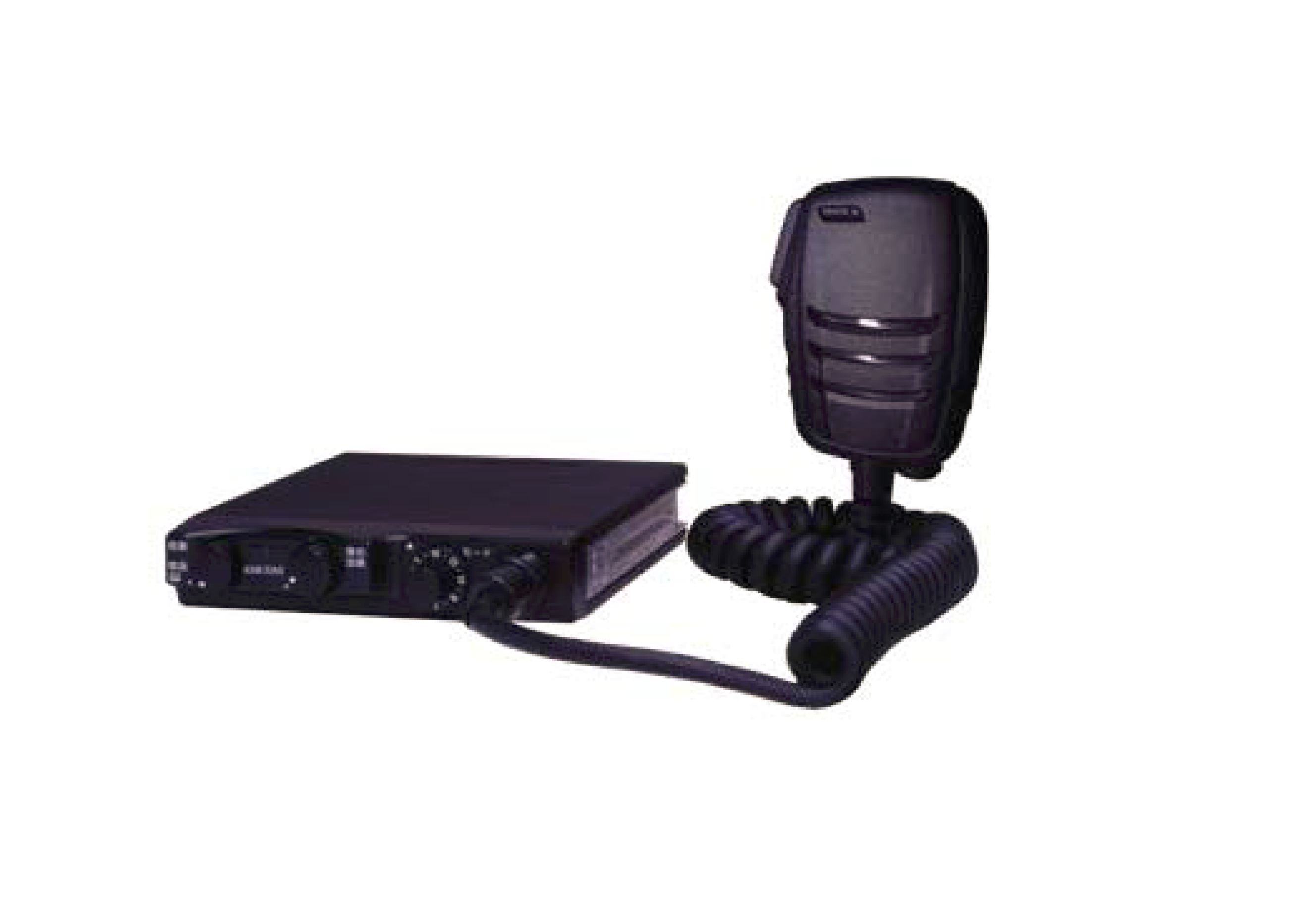What do public safety agencies, emergency response teams, utility providers, and logistics companies have in common? They all rely on vehicles to operate and deliver their services. And thanks to Radio over Internet Protocol or RoIP solutions for a fleet, these organizations can now work more efficiently.
How RoIP Works
RoIP is a technology similar to Voice over IP or VoIP, which allows people to send voice data via the Internet instead of traditional wired connections. RoIP is simply VoIP integrated into radio devices, where users need to push to talk.
With the help of a RoIP gateway, you can connect multiple radio systems over IP networks.
Meanwhile, you can use dispatch console software to link dispatchers in the headquarters with the personnel deployed in the field.
Better Fleet Connectivity
RoIP enables smoother radio communication between fleet drivers, field staff, and dispatch centers.
Unlike the traditional analog land mobile radio system, an IP-enabled communication system relies on robust IP networks to send and receive radio transmissions that are converted into packets of voice data. As a result, it eliminates signal disruptions because of geographic factors.
Additionally, dispatch console software makes it easier for command center operators to get up-to-date situational information from their on-ground personnel — and relay any necessary instructions whenever needed. This technology allows any organization that uses a fleet to convey pertinent information to one another while they are on the move.
Today, the market has various options for IP-based radio dispatch consoles — and they boast great interoperability, security, and responsiveness. These devices are also ergonomically designed and come with customizable interfaces to fit your current needs and help you scale in the future.
When choosing a system for your organization, you must consider your specific communication requirements. What do you need in the short run? How about for the long term? What’s in your existing communication network?
Also, assess your dispatchers’ and field personnel’s needs and technical capabilities. For instance — are they knowledgeable in operating dispatch consoles and IP-integrated radio devices? How well do you need to train them before you can use your new communication system effectively?
Other Benefits
RoIP solutions for a fleet offer more than just efficiency once properly integrated into your communication network and day-to-day operations.
One of the most prominent features of an IP-based dispatch system is real-time access tracking. You can monitor where your fleet of vehicles, thanks to the GPS coordinates transmitted by digital radios.
This system also gives access to call logs. You can use it to evaluate your dispatch operations and communications and take appropriate actions to make your operations more efficient. You can also use the call history feature to conduct due diligence and evaluate whether health and safety standards are met during the dispatch.
RoIP, as a technology, is also inherently advantageous because it provides a larger service area. You don’t have to be limited by telephone lines and geographic barriers — you have dedicated microwave transmitters through which voice data can be sent and received more promptly and clearly.
It’s also more reliable: Even if a single node is lost in your RoIP network, it won’t affect the whole system. With encryption tools, you also get to protect your data and prevent breaches that compromise your and your client’s information.







